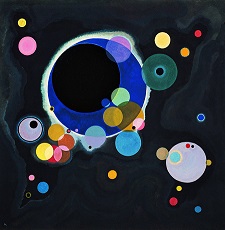Building a Homeland upon the Ruins of Literature: al-Bukāʾ ʿalā al-aṭlāl by Ghālib Halasā as a Case Study
DOI:
https://doi.org/10.13130/2035-7680/9823Parole chiave:
ghurba, intertextuality, Ġālib Halasā, Sixties Generation, New Arabic novelAbstract
The aim of the paper is to analyse how the ġurba shapes the idea of the homeland in contemporary Arabic literature and how, in particular, the ġurba itself can take a literary shape and be referred to a specific cultural space rather than a physical one. In order to attain this goal, the paper focuses on al-Bukā’ ʿalà al-aṭlāl (Crying over the ruins, 1980), a novel by the Jordanian author Ġālib Halasā (1932-1989), in which the theme of exile is expressed through a number of issues that remind the reader some crystallized features of modern and contemporary Arabic literature, such as the symbolic role of the mother, the village and the coffee. More interestingly, the novel displays a deep attachment to some major tópoi of the ancient Arabic literary heritage – i.e. the reference to ǧāhilī poetry contained in the title, the verses by Imrū’ al-Qays quoted in the opening, and several other mentions –, which contributes to build up a solid frame of internal literary references and to freshen them up giving them a new content. Given the historical circumstances in which Halasā happened to live and his own continuous displacement to various Arab capitals due to his political activity, it seems clear that to build a new world of words on the old ruins (al-aṭlāl, as quoted in the title of the novel) was not simply a literary matter, but the very core of a survival strategy for a whole generation of Arab intellectuals.




